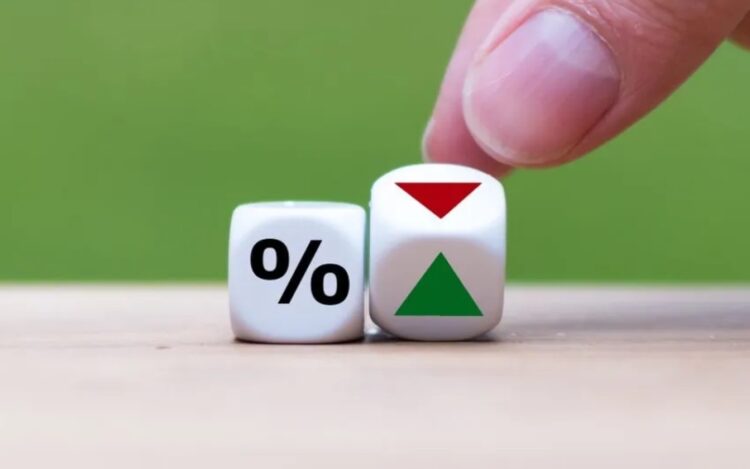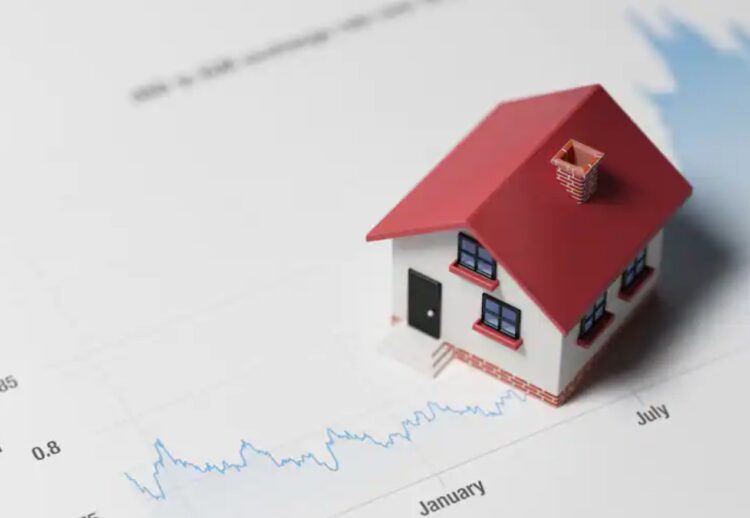Unlike short-term non-purpose loans, housing loans are a special type of special-purpose loans with very long repayment periods. They are usually intended for the purchase of an apartment or house, and the construction of a new or reconstruction of an old property. Like consumer or non-purpose loans, housing loans have precisely defined costs, interest rates, and repayment plans that are determined by the contract you enter into with the bank. Therefore, long-term borrowing is considered profitable only if it is used for permanent investments whose value may increase over time, as in the case of real estate.
The mortgage allows for a longer repayment period, a higher loan amount, and generally the bank can pay most of the loan amount to the borrower’s current account. The borrower must be aware that a mortgage means only one form of loan security. Also, those who insure the loan with an insurance company must repay the loan in any case. If the mortgage loan is not paid, the bank will collect the debt itself, and in case the housing loan is insured with an insurance company, the bank will be paid by the insurance company, and they will then be collected from the borrower.
1. Conceptual definition of credit

A loan is a debtor-creditor relationship between two entities, namely the lender and the borrower, and the relationship is based on trust. The lender gives the loan to the recipient in the present, believing in his promise that the loan will be repaid at some agreed moment in the future. The amount of the approved loan is called the principal. The principle is given in the present moment and is returned in the future. Interest is expressed as a percentage of the approved principal. This percentage is called the interest rate.
Mortgage can be formed for land (agricultural, forest, built and unbuilt construction land), residential and commercial buildings, apartments in buildings, family houses, cottages, business facilities, garages, other buildings and structures for which the borrower has a clearly defined ownership.
2. Creditworthiness

To be eligible for a mortgage or any other loan, you must meet certain conditions, or be creditworthy. In other words, the credit institution must assess whether the potential debtor can undertake the obligation to pay the installment on a regular basis. Each credit institution shall prescribe the documentation and conditions on the basis of which it determines it a person seeking credit and creditworthy. In most cases, the key information for Creditworthiness estimates is the amount of fixed monthly inflows including the amount unencumbered part of monthly income, amounts of various forms of savings and/or shares in investment funds and the amount of current indebtedness. On landmarkmortgagecapital you can find out how to get a loan very easily.
3. A mortgage loan is a long term

The mortgage deal is based on a mortgage loan agreement that is concluded between banks of creditors and property owners. The contract should contain the amount of the loan, the repayment period, the amount of interest, and the method of repayment. The maximum amount of the mortgage loan is calculated based on the value of the property for which it is intended and is approved in the amount of 50% -70% of that value. Loan repayment terms are from 10 to 30 years.
4. Interest rates

Since a mortgage loan is a non-purpose loan, the interest rate is significantly higher than in the case of housing loans, and the interest rate itself depends on the agreed loan repayment period and the status of the client. Simply put, the longer the repayment period, the higher the interest rate and vice versa.
5. Additional costs not included in the total cost of the loan

The bank may not charge the client a fee for processing and approving a housing consumer loan. All other fees charged by the Bank in connection with the consumer loan agreement may not exceed the actual cost incurred by the bank for which the fee is charged.
6. The right to withdraw from the Loan Agreement

The borrower has the right to withdraw from the housing loan agreement without giving a reason within 14 days from the day of concluding the housing loan agreement. When withdrawing from the loan, the Borrower is obliged to inform the Bank. The notice must be provided in writing. The Borrower is obliged to pay to the Bank the used part of the loan and the agreed interest on the used part of the loan at the agreed annual interest rate of the loan.
7. How long to wait for a mortgage loan?

The mortgage approval process is the same as many other loans. In addition to the assessment of the property, which costs are borne by the client, it is necessary to attach documentation on creditworthiness. After the necessary documentation is submitted, it is sent for processing, and the approval procedure takes several days. The bank gives up lending when the risks are significantly high and puts it in danger of defaulting on credit obligations.
8. Can a bank take an apartment if I stop paying a mortgage loan?

Yes, you are pledging the property you own in favor of the bank – this means that the bank has the right to use the property to settle the claim in case you stop paying the loan. In the case of a cash mortgage loan, the security instrument is the real estate you already have, while in the case of a housing mortgage, it is the real estate you are buying.
Final thoughts
No one likes to be indebted, especially not to banks, but sometimes that’s the only way to solve a housing issue. In any case, think carefully before you decide on this step, get information from several banks, because the interest rate is not the same in each. In any case, raise only as much as you need and make sure you pay on time so as not to put yourself in a situation where the bank takes away what you fought for.
The post 8 Tips for Understanding the Process of Getting a Mortgage Loan appeared first on FotoLog.
from FotoLog https://ift.tt/3p6nUeB
via IFTTT



0 Comments